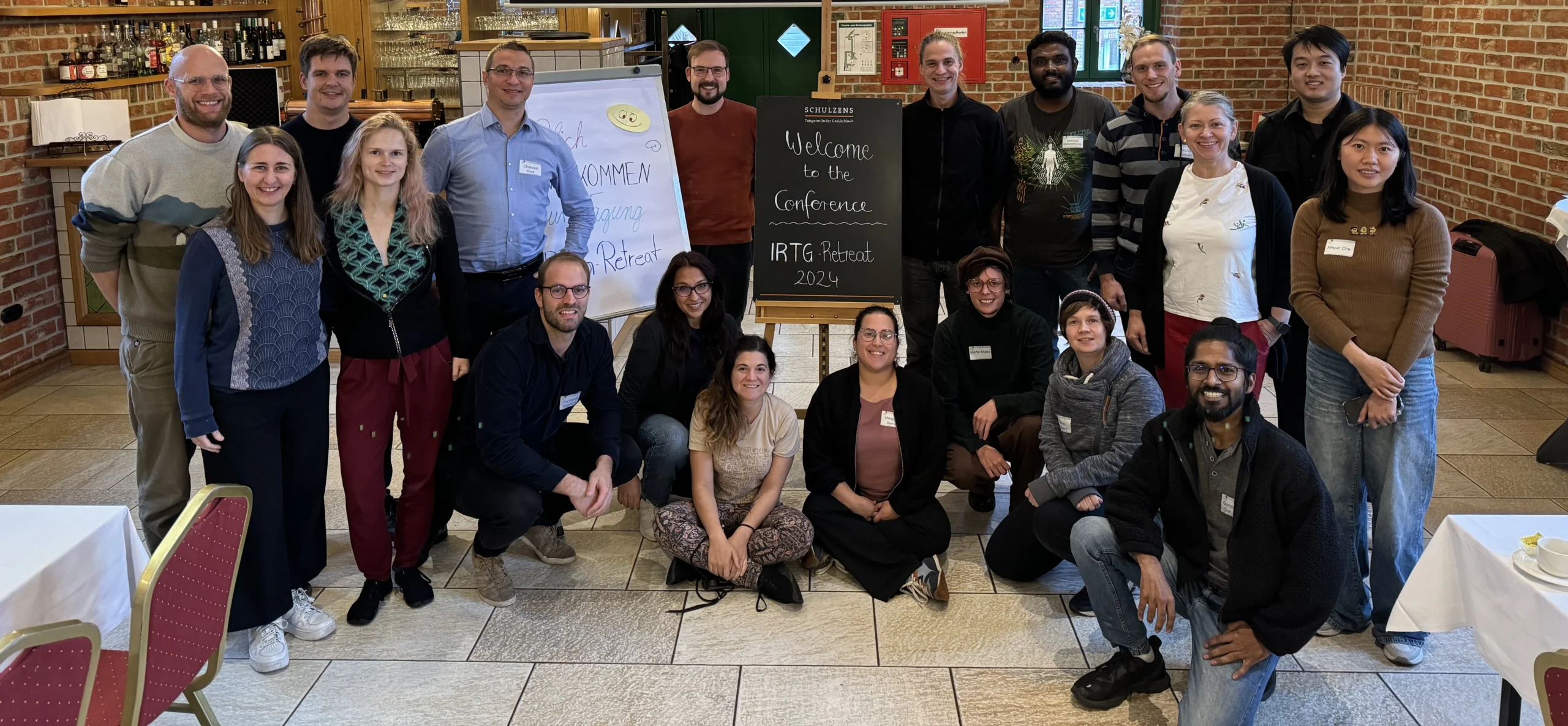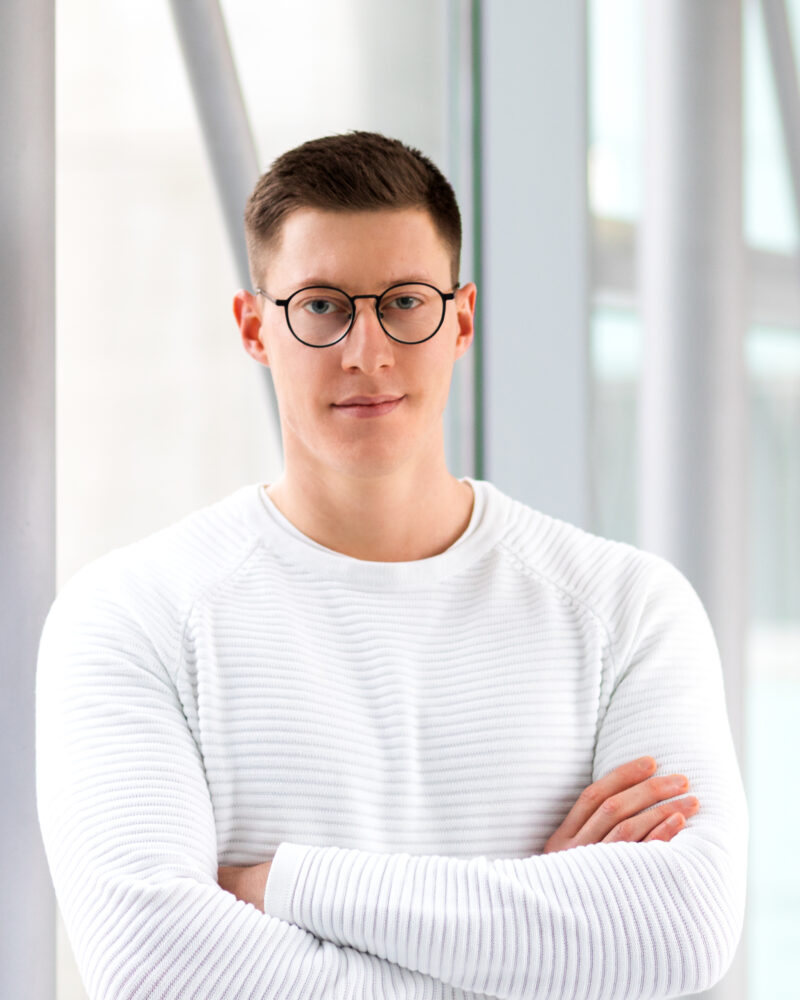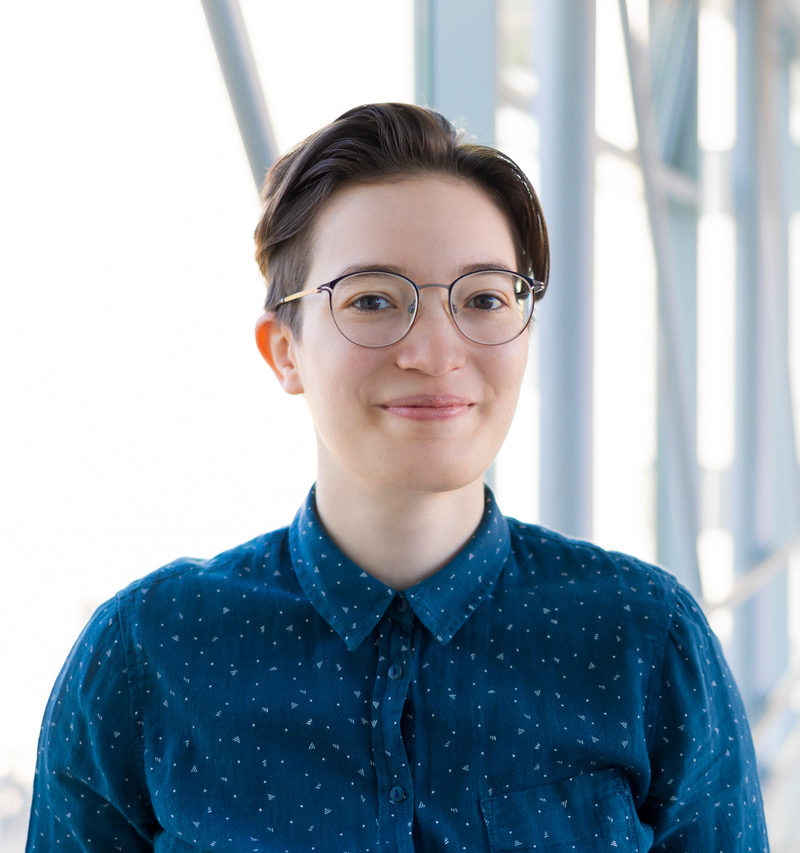
Integrated Research Training Group (IRTG)
The IRTG forms the central structural component of the CRC’s training strategy, aiming to equip doctoral researchers with complementary skills beyond their specific projects and foster their transition to academic independence.
Its primary focus lies in hands-on training with state-of-the-art methods and technologies, as well as promoting interdisciplinary exchange across CRC projects on neural resources of cognition.
A secondary focus is placed on knowledge translation, offering a lean, career-stage-adapted program of workshops, professional development, and networking opportunities to support translational competence and long-term scientific success.
IRTG Team

Prof. Dr. Dr. med. Anne Albrecht

Christoph Knoll
PhD – Students Representatives

Alina Boden

Gerard Callau Navarro
MD – Fellows

Luca Budinger

Rojin Diako

Julius Duske

Sophia Engler

Annabell Ernst

Erelle Fuchs

Hannah Gapp

Alina Kühn

Lilli Marie Lümkemann

Linus Marquering

Julia Poppke
